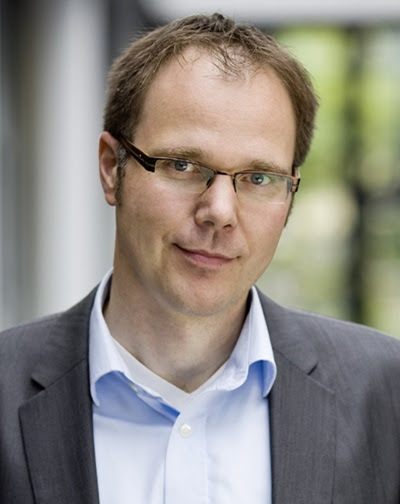DDR5 Memory Interface: Signal Integrity debugging and compliance testing
IEEE North Jersey Section Co-Sponsors the Talk: "DDR5 Memory Interface: Signal Integrity debugging and compliance testing"
Integrating DDR SDRAM memories into your design can be challenging. The increasing data rates with DDR5 and LPDDR5 demand even more care for signal integrity, the lower supply voltage decreases design margin, and the higher density of electronic components causes more potential interference sources. This webinar will discuss discovering innovative test solutions for debugging error sources in your memory interface design and verifying margins and compliance with the DDR5 and LPDDR5 JEDEC specifications.
You will learn:
- Key challenges in integrating DDR5 and LPDDR5 SDRAM into your design
- Advanced signal integrity debug tools specifically for DDR memory interfaces
- Practical techniques like Zone Triggering to isolate READ/WRITE bursts
- How to optimize your DDR5/LPDDR5 interface for peak performance and reliability
- Running Automated Compliance Tests to ensure your design meets JEDEC standards
Date and Time
Location
Hosts
Registration
-
 Add Event to Calendar
Add Event to Calendar
- Contact Event Hosts
-
Ajay Poddar (akpoddar@ieee.org), Edip Niver (edip.niver@njit.edu), Durga Mishra (dmisra@njit.edu), (Anisha Apte (anisha_apte@ieee.org)
- Co-sponsored by IEEE North Jersey Section
Speakers
Guido Schulze of Rohde & Schwarz
DDR5 Memory Interface – Signal integrity debugging and compliance testing
This webinar will discuss discovering innovative test solutions for debugging error sources in your memory interface design and verifying margins and compliance with the DDR5 and LPDDR5 JEDEC specifications.
- Key challenges in integrating DDR5 and LPDDR5 SDRAM into your design
- Advanced signal integrity debug tools specifically for DDR memory interfaces
- Practical techniques like Zone Triggering to isolate READ/WRITE bursts
- How to optimize your DDR5/LPDDR5 interface for peak performance and reliability
- Running Automated Compliance Tests to ensure your design meets JEDEC standards
Biography:

Address:Rohde & Schwarz,
Johannes Ganzert of Rohde & Schwarz
DDR5 Memory Interface – Signal integrity debugging and compliance testing
Integrating DDR SDRAM memories into your design can be challenging. The increasing data rates with DDR5 and LPDDR5 demand even more care for signal integrity, the lower supply voltage decreases design margin, and the higher density of electronic components causes more potential interference sources. This webinar will discuss discovering innovative test solutions for debugging error sources in your memory interface design and verifying margins and compliance with the DDR5 and LPDDR5 JEDEC specifications.
Biography:

Address:Munich, Germany
